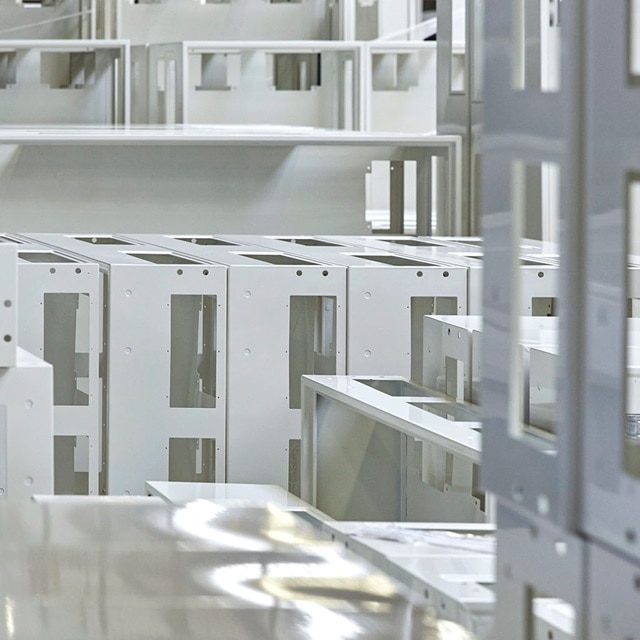Error 404
Something went wrong
Unfortunately, the page you tried to access cannot be found. Several reasons could explain this problem: The homepage has been updated and/or the document has been removed.
To access Hager Group´s website, please click on the link below. Alternatively, you can use the search field. Thank you!
To access Hager Group´s website, please click on the link below. Alternatively, you can use the search field. Thank you!

Want to stay up-to-date?
Subscribe to our newsletter and receive the news you would like to receive.
